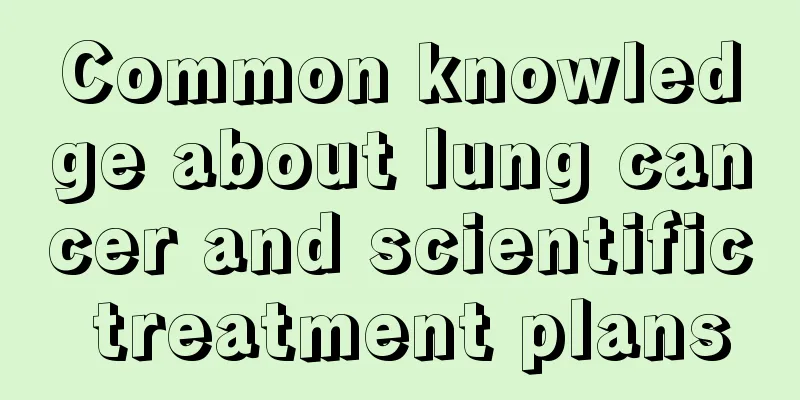What to do if your heart rate is too slow

|
Heart health is an extremely important factor for people's bodies, because the heart is the driving force of blood circulation. Once there is a problem with the heart, it will have a serious impact on blood circulation and even endanger life safety, etc. Therefore, we must pay attention to heart health, and heart health can be detected from the heart rate. For example, what will happen if the heart rate is too slow? Let’s take a look at the explanation below. If the maximum heart rate is less than 60 beats per minute, it is called sinus bradycardia. There are both physiological and pathological causes of sinus bradycardia. During some health examinations, doctors often encounter people whose heart rate is less than 60 beats per minute. Most of them are athletes or people who do heavy manual labor. Although their heart rate has decreased, the amount of blood pumped out by the heart with each beat is more than that of ordinary people. This arrhythmia is physiological and does not require treatment. A sinus rhythm slower than 60 beats per minute is called sinus bradycardia. It may occur in healthy adults, especially athletes, the elderly, and during sleep. Other causes include increased intracranial pressure, hyperkalemia, hypothyroidism, hypothermia, and the use of drugs such as digitalis, beta-blockers, reserpine, guanethidine, and methyldopa. In organic heart diseases, sinus bradycardia can be seen in coronary heart disease, acute myocardial infarction, myocarditis, cardiomyopathy and sick sinus syndrome. Medication principles: 1. Most patients' symptoms disappear after eliminating the cause or inducement. 2. Active treatment should be given when there is a clear primary disease. Treatment principles: 1. Sinus bradycardia, if the heart rate is not less than 50 beats per minute and there are no symptoms, does not require treatment. 2. If the heart rate is less than 40 beats per minute and symptoms occur, drugs to increase the heart rate (such as atropine, ephedrine, or isoproterenol) can be used. 3. Patients with significant sinus bradycardia accompanied by sinus arrest and syncope may consider installing an artificial pacemaker. 4. Treatment of primary disease. 5. Symptomatic and supportive treatment. |
<<: How to reduce inflammation when inserting a urinary catheter
>>: Is it ok to take Chinese medicine and get anti-inflammatory injections?
Recommend
How to train your eyes
When we praise a person's eyes, we always say...
What to eat during Qingming Festival, are you eating right?
Qingming Festival is a solar term as well as a fe...
What are the hazards of cervical cancer to women? Can early cervical cancer really be cured?
Once the disease has a serious impact on the pati...
What are the effects of having a physical examination after eating
Physical examination is very important for people...
Floods hit Xingtai, Hebei, killing many people! The mayor apologized to the society and said how to avoid natural disasters and man-made disasters!
On the morning of the 23rd, Xingtai announced the...
How to take better care of liver cancer? 4 good ways to actively prevent liver cancer
Liver cancer is also one of the more common cance...
What are the ways to prevent cervical cancer? To prevent cervical cancer, you need to do screening + vaccination
"Cervical cancer has the clearest etiology r...
Can sweating really detoxify?
Can sweating really detoxify? Most people don’t k...
Are diabetic patients more likely to develop liver cancer?
Domestic and foreign studies have confirmed that ...
The corners of mouth are red and itchy
The moisture level of the lips will greatly enhan...
How to treat fibroids effectively
The treatment of fibroids takes a certain amount ...
How to use hemorrhoid suppositories
Nowadays, many people suffer from hemorrhoids due...
How to treat insomnia? Some tips for treating insomnia
Insomnia can be said to be a common problem among...
What are the methods for cleaning food residues in the throat
There is always residue in the throat, which is v...
How long does a course of amoxicillin last?
Amoxicillin is a common drug. When taking amoxici...









